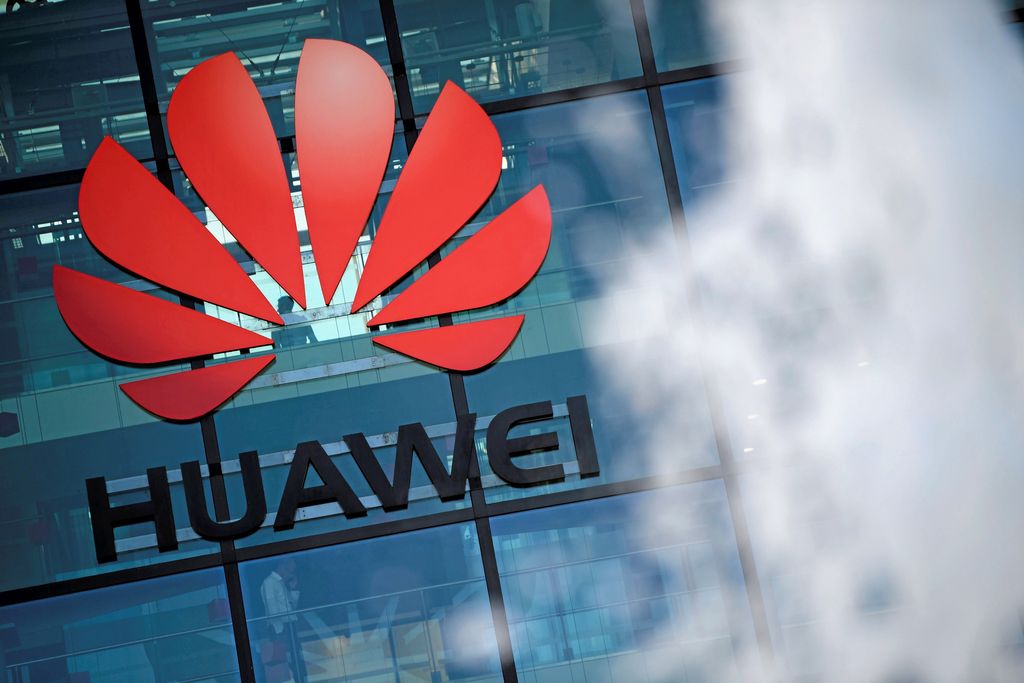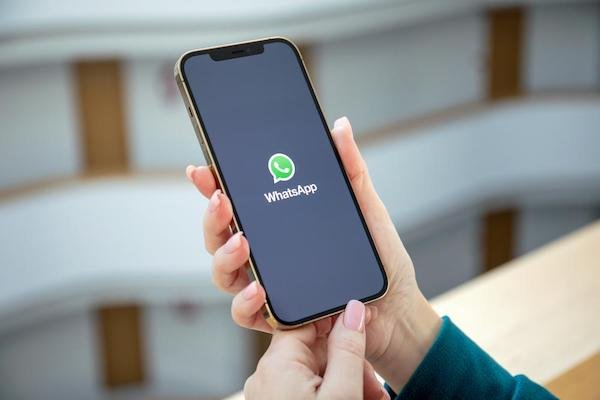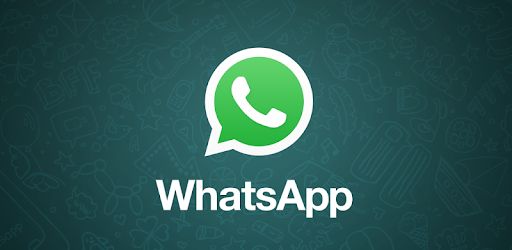Technology
Huawei revenue sees biggest fall (£35.5 billion)

Huawei revealed its biggest-ever decline in revenue in the first half of 2021 – it fell by almost 30% to Rmb320 billion (£35.5 billion).
The firm sold part of its mobile phone business following US sanctions, which analysts say contributed to the drop.
Sanctions make it hard for Huawei to buy components and software using US technology.
Revenue from Huawei’s consumer electronics arm, which includes phones, fell by 47%.
Huawei also cited the effect of the chip shortage on its business.
Earlier this year the company’s consumer devices chief acknowledged the challenges it faced: “US sanctions have posed great difficulties to our business operations and day-to-day work,” Richard Yu, said as the company announced the launch of a new phone.
The sanctions have also effectively prevented Huawei devices from working fully with Google’s Android Operating system, prompting the firm to expand the use of its own Harmony OS.
Huawei’s telecoms equipment business also saw a decline in revenue.
A spokesperson for the company said this was due to the slow rollout of 5G in China.
But sales outside China increased, in spite of US pressure on its allies to exclude Huawei from 5G infrastructure over concerns about national security.
Huawei denies allegations that its equipment poses a security risk, and has called the claims politically motivated.
The company saw growth from its enterprise and cloud services businesses.
Efficiency improvements also saw profit margins increase, it said.
In a statement, Chairman Eric Xu said: “Our aim is to survive, and to do so sustainably,”
In Other News – Apple criticised for system that detects child abuse
Apple is facing criticism over a new system that finds child sexual abuse material (CSAM) on US users’ devices.
The technology will search for matches of known CSAM before the image is stored onto iCloud Photos.
But there are concerns that the technology could be expanded and used by authoritarian governments to spy on their own citizens. learn more
Source – BBC
Technology
Vodacom and MTN block smartphones stolen in looting

South Africa’s mobile operators are blocking smartphones and tablets stolen during July’s looting in parts of Gauteng and KwaZulu-Natal from connecting to their networks. Multiple mobile network stores and other shops which held stock of mobile devices were hit during the violence.
These included 18 Vodacom stores, 29 MTN retail outlets, 12 Cell stores, 11 Telkom stores, and 22 Telkom kiosks. While the losses and damages were still being assessed, it was clear that all the networks had lost numerous devices to the looters.
Vodacom, MTN, Telkom, and Cell C said that the devices stolen from their or their franchisees’ stores were either in the process of being blocked or have already been blocked.
A Vodacom spokesperson told MyBroadband it was standard practice to blacklist stolen phones. Vodacom store franchisees will have blacklisted phones stolen during the unrest,” the spokesperson said.
MTN executive for corporate affairs, Jacqui O’Sullivan, explained the company had a clearly defined process that store personnel needed to follow to report lost devices either due to theft or loss for blacklisting.
“We can confirm that MTN is in the process of blacklisting all devices confirmed to be stolen at MTN retail stores and MTN courier partners during the civil unrest that recently took place in KwaZulu-Natal and Gauteng,” O’Sullivan said.Telkom and Cell C also confirmed that devices stolen from their stores were blocked.
“A bulk blacklisting was done on all identified stolen handsets, and an assessment of the losses was conducted,” stated Cell C COO Andre Ittman.
A network block would nullify any network’s SIM card from being used in blacklisted handsets, he added.
Ittman said there were ongoing engagements with insurers on the value of the losses. During the looting, videos shared on social media showed a Cell C store In Tongaat being ransacked after looters managed to break off its security gate.
Source: News365
In other news – New show to help fix Mother-in-law and makoti relationships
A new show is coming to 1Magic with the hope of saving relationships between makotis and mamazalas.
Abasemzini starts this Friday at 9.30pm, and will be hosted by actor Lehasa Moloi and singer Puleng March. Learn more
Technology
WhatsApp will stop working on these old smartphones

WhatsApp will stop supporting smartphones running Android versions 4.0.4 or older from 1 November 2021. The company has updated its supported Android devices page, revealing that users will now need to run Android 4.1 (Jelly Bean) or later to use the app.
Currently, WhatsApp officially supports Android smartphones running Android 4.0.3 (Ice Cream Sandwich) or later. Although users on older devices may still get the app to work, it likely won’t function as intended and won’t receive important security updates.
WhatsApp advised users on smartphones that cannot run the required Android versions to switch to a supported device or to back up their chat history before then.
The number of users affected by this change is likely to be small when compared to the overall Android user base.
Android 4.1 has been around since 2012, and is available on age-old Samsung devices like the original Galaxy Note and Galaxy S2. WhatsApp will therefore stop working on the original Samsung Galaxy S and Galaxy Tab 10.1 come November.
Support for upgrades vary between operators and countries, so it is possible that South Africans using older smartphones have not received an upgrade to Android 4.1 that may be available elsewhere in the world.
According to Statcounter, more than 98% of Android users were running version Android 5.1 (Lollipop) or above as of July 2021.
This does not include the fraction of users with Android 4.1, 4.2, or 4.3, which will all still be supported. Google estimates these users to account for less than 1% of the base.
This leaves around 1% of users that may still be on Android 4.0.4 or earlier.
Although users on Android 4.1 will still be able to use WhatsApp, it should be noted that Google recently also pushed its last-ever Play Services update to the operating system this month.
Without further updates to the service, certain apps will become difficult to run or may stop working entirely. In addition, the devices will be exposed to more security threats than they already were, given that Google stopped general Android security updates to the OS a long time ago.
WhatsApp updates its list of supported devices every few months. The company’s previous amendment of supported devices in March dropped support for iOS 9, meaning that the iPhone 4S would no longer be able to run the app properly.
Source: mybroadband
In other news – VIDEO: Connie Ferguson updates Mzansi on life without Shona Ferguson
The Queen actress Connie Ferguson continues to open up about the passing of her late husband Shona Ferguson and how she is mourning her loss.
On the 30th of June 2021, Connie lost her husband after he succumbed to COVID-19 related complications and she hasn’t stopped celebrating his life. Learn more
Technology
Beware unofficial WhatsApp apps

A modified WhatsApp Messenger app that delivers harmful malware to smartphones has highlighted the danger of using unofficial WhatsApp apps.
Smartphone users sometimes download modified versions of WhatsApp, which add more features that aren’t available in the main app, such as animated themes, self-destructing messages, or migration of chats between different smartphone operating systems.
Well-known versions of these apps include GBWhatsApp, YoWhatsApp, and WhatsAppPlus.
Using these apps goes against WhatsApp’s Terms of Service and exposes the user to possible attacks from malware that can steal their information, take over their accounts, and sign them up for paid subscriptions without permission.
Cybersecurity firm Kaspersky recently performed a technical analysis of one such modified version of WhatsApp called FMWhatsapp and found the Trojan Triada malware had been snuck into the app with its advertising software development kit.
Kaspersky expert Igor Golovin said this was similar to what happened with the popular alternative app store APKPure, which had its main app compromised by a malicious payload downloader.
Golovin explained that once the FMWhatsapp (version 16.80.0) app was launched, the malware gathered unique device identifiers — such as Device IDs, Subscriber IDs, and MAC addresses — and the name of the app package where they’re deployed.
“The information they collect is sent to a remote server to register the device. It responds by sending a link to a payload which the Trojan downloads, decrypts and launches,” Golovin said.
Kaspersky’s analysis identified several different types of malware downloaded by FMWhatsapp, which were capable of:
Downloading and launching other malicious modules, including the xHelper Trojan installer module.
Displaying full-screen ads at unexpected moments.
Running invisible ads in the background to increase the number of views they get.
Signing the device owner up for paid subscriptions.
Singing up victims for premium subscriptions.
Signing in on WhatsApp accounts on the victim’s phone.
Golovin said the attackers seemed to have done their homework on the protocol WhatsApp uses.
He also highlighted that FMWhatsapp users grant the app permission to read their SMS messages, which means that the Trojan and all the further malicious modules it loads also gained access to them.
“This allows attackers to automatically sign the victim up for premium subscriptions, even if a confirmation code is required to complete the process,” Golovin stated.
Golovin said Kaspersky recommends not using unofficial modifications of apps, especially WhatsApp mods.
“You may well end up with an unwanted paid subscription, or even lose control of your account altogether, which attackers can hijack to use for their own purposes, such as spreading spam sent in your name.”
Many South Africans have previously revealed on Twitter that they were using third-party WhatsApp applications such as GBWhatsApp.
Aside from the serious security risks, you could also have your WhatsApp account banned if WhatsApp detects you are using an unsupported version of the app.
Source: mybroadband
In other news – Kwaito star Kabelo makes a musical comeback
It’s been nearly seven years since Kabelo Mabalane was in the studio and now he’s ready to make his musical comeback.
The former TKZee member took to Instagram on Sunday announcing to his fans that he is featuring on Da Kruk’s next single launching on September 10. Learn more



